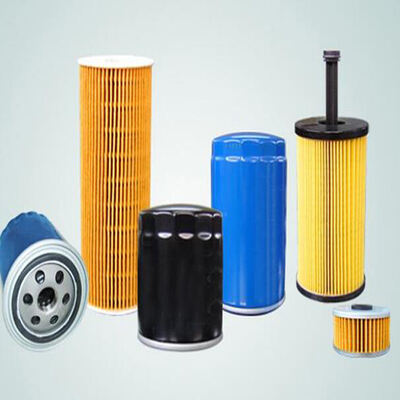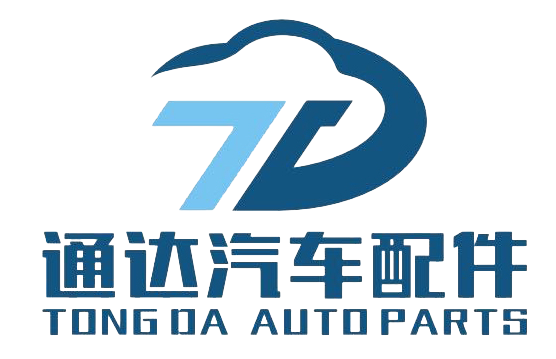Dubok utjecaj marke filtera na performanse Hrvatska
Dubok utjecaj marke filtera na performanse
In today's automotive and mechanical manufacturing industries, the importance of filters as critical components for protecting engines and entire systems from impurities is self-evident. Filters can not only filter out small particles and pollutants in fuel, oil, air, and coolant, but also effectively extend the service life of equipment and improve overall operating efficiency. However, the performance of a filter is not fixed, and its quality and brand selection often determine its filtering effect and the degree of impact on vehicle or mechanical performance. This article aims to explore in depth how filter brands have a profound impact on performance, and analyze the scientific principles and market phenomena involved.
###1、 Basic functions and classification of filters
Filters are mainly divided into several types, such as fuel filters, oil filters, air filters, and coolant filters, each of which is responsible for specific filtering tasks. The fuel filter ensures pure fuel and avoids nozzle blockage; The oil filter removes metal debris and carbon deposits from the engine oil, keeping the lubrication system clean; The air filter filters the air entering the cylinder to prevent dust and impurities from damaging the engine; The coolant filter maintains the cleanliness of the cooling system and prevents blockages in the water channels.

###2、 The performance impact caused by brand differences
#### 1. ** Differences in Material and Technology**
The primary difference between filter brands lies in their materials and technological applications. High end brands typically use finer filtering media, such as multi-layer composite filter paper, nanofibers, or special alloy mesh, which not only effectively capture small particles but also maintain high flow efficiency and reduce pressure loss. In contrast, low-end filters may use a relatively single filtering material, with low filtration accuracy and easy blockage. Long term use may lead to a decrease in engine power and an increase in fuel consumption.
#### 2. ** Design and Manufacturing Process**
Brand filters pay more attention to details in design, such as adopting optimized fluid dynamics design to reduce fluid resistance and improve filtration efficiency; The sealing structure design is more rigorous, preventing unfiltered fluid from bypassing and ensuring filtration efficiency. In terms of manufacturing technology, high-end brands usually use precision molds and automated production lines to ensure the dimensional accuracy and performance consistency of each filter. However, some low-quality filters may have problems such as poor sealing and unstable structure, which can affect the filtration effect and service life.
#### 3. ** Durability and maintenance cycle**
The durability of a filter is one of the important indicators for its performance evaluation. Famous brand filters often undergo strict quality control and durability testing, which can maintain stable filtration performance under harsh working conditions, extend replacement cycles, and reduce maintenance costs. On the contrary, poor quality filters may fail in a short period of time. Frequent replacement not only increases maintenance workload, but also may cause engine damage due to failure to filter impurities in a timely manner.
###3、 Market phenomena and consumer choices
In the market, there are numerous filter brands with significant price differences. Consumers should not only consider price factors when choosing, but also pay attention to the performance parameters, brand reputation, and after-sales service of the filter. Some well-known brands, such as Bosch, Mann Filter, MAHLE, etc., have become the first choice for many car owners and equipment operators due to their deep technical accumulation and good market feedback in the filter field.

###4、 Zaključak
In summary, the impact of filter brand on performance is multidimensional. It not only relates to direct performance indicators such as filtration efficiency, fluid flow, durability, but also indirectly affects the overall operating efficiency, fuel economy, and maintenance costs of the equipment. Therefore, when choosing a filter, consumers should comprehensively consider brand reputation, product quality, and cost-effectiveness to make a wise choice. In the long run, choosing high-quality filters can not only improve equipment performance, but also effectively extend equipment life, reduce total cost of ownership, and is a key link to achieving efficient, environmentally friendly, and sustainable operation.
Although the filter is small, its function is enormous. Choosing the right filter brand is a responsible reflection of equipment performance and investment return. With the continuous advancement of technology and the increasing maturity of the market, we have reason to believe that in the future, the filter industry will emerge with more high-performance, long-life, and intelligent products, injecting new vitality into the development of the automotive and mechanical manufacturing fields.

 EN
EN







































